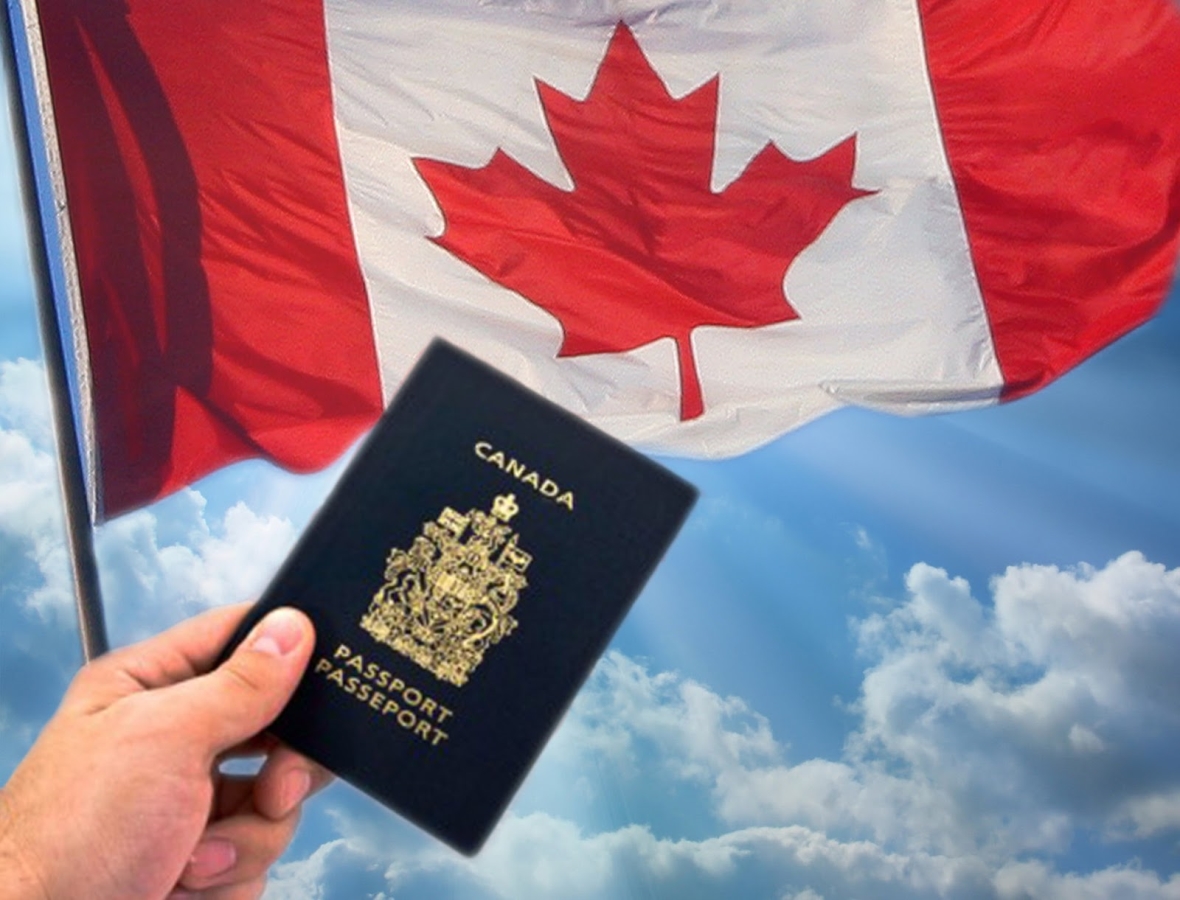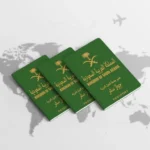Temporary Residence Visas
Contents
hide
Visitor Visa
A Visitor Visa, also known as a Temporary Resident Visa (TRV), allows individuals to enter Canada for tourism or to visit family and friends. It’s essential to note that citizens of certain countries require a Visitor Visa to enter Canada. Applicants should demonstrate their intention to leave Canada at the end of their authorized stay and prove that they have enough funds to support their stay in the country.Study Permit
A Study Permit is required for individuals who intend to pursue academic studies in Canada at designated learning institutions. International students must obtain a Study Permit before enrolling in a program that exceeds six months in duration. The application process for a Study Permit entails providing a letter of acceptance from a Canadian educational institution, proof of financial support, and a clean criminal record. It’s crucial to apply for a Study Permit well in advance to ensure a smooth transition to studying in Canada.Permanent Residence Visas
When it comes to obtaining permanent residence in Canada, there are various visa types to consider. One popular route is through the Permanent Residence Visas, which allow individuals to live and work in Canada indefinitely. Below, we will explore the two primary programs under the Permanent Residence Visas, including the Express Entry and Provincial Nominee Program.Express Entry
The Express Entry program is a fast-track immigration system designed to attract high-skilled workers to Canada. It manages applications for three federal economic immigration programs – the Federal Skilled Worker Program, the Federal Skilled Trades Program, and the Canadian Experience Class. Candidates create an online profile and are ranked based on factors such as age, education, work experience, and language proficiency through the Comprehensive Ranking System (CRS).Provincial Nominee Program
The Provincial Nominee Program (PNP) is for individuals who want to immigrate to a specific Canadian province or territory. Each province and territory has its own unique streams under the PNP, targeting individuals with specific skills, work experience, or connections to the province. Applicants nominated by a province or territory can apply for permanent residence through the PNP, provided they meet the requirements of the program.Work Permits
Work permits are essential for individuals seeking employment opportunities in Canada. There are various types of work permits available for different situations and needs.Temporary Foreign Worker Program
The Temporary Foreign Worker Program allows foreign workers to fill temporary labor shortages in Canada. It requires a job offer from a Canadian employer and a positive Labour Market Impact Assessment.International Experience Canada
International Experience Canada provides opportunities for young individuals to work in Canada for a limited time. It includes categories such as Working Holiday, Young Professionals, and International Co-op.Visa Application Process
Applying for a Canadian visa involves understanding the different types available. The visa types range from visitor visas, study permits, work permits, and permanent residency. Each type of visa has specific requirements and eligibility criteria that applicants need to meet. It is important to carefully choose the right visa type that suits individual needs and circumstances.Visa Application Process
Eligibility Criteria
To apply for a Canadian visa, it is essential to meet certain eligibility criteria. These criteria vary depending on the type of visa you are applying for. Here are some common eligibility requirements to keep in mind:- You must have a valid passport.
- You must be in good health and not pose a risk to Canadian public health.
- You must have sufficient funds to support yourself and any dependents during your stay in Canada.
- You must have a genuine intention to leave Canada at the end of your authorized stay.
- You must not have a criminal record or be a security or health risk to Canada.
Documentation Required
When applying for a Canadian visa, you will need to provide specific documents to support your application. The exact documentation required may vary depending on the type of visa you are applying for. However, here is a general list of documents you may need:- A completed visa application form.
- A valid passport with a certain validity period remaining.
- Proof of funds, such as bank statements or pay stubs.
- Proof of ties to your home country, such as property ownership or employment.
- Medical examination reports, if required.
- Police clearance certificates or other evidence of good conduct.










